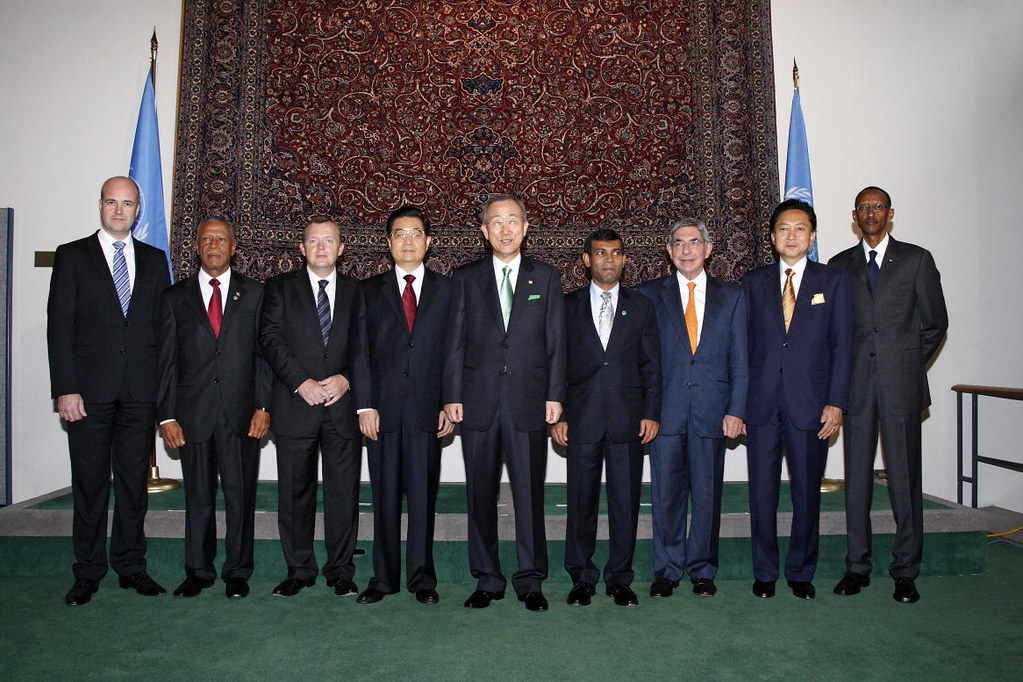Paradise, enchanting and abundant with cultural wonders, Bali has long been hailed as an unrivaled destination for globetrotters seeking a slice of tropical heaven. With its breathtaking landscapes, bustling markets, and ancient temples, this Indonesian gem has captivated the hearts of millions. Yet, amid the endless allure, the island is now embarking on a daring mission to ensure transparency and accountability within its thriving tourism industry. As Bali’s leaders announce the introduction of a new tourism tax, they vow that every dollar spent will be diligently audited, shedding light on a path towards uncompromising transparency. In this article, we explore Bali’s innovative endeavor, delving into the motivations, hopes, and aspirations behind the audacious move. Welcome to Bali’s pursuit of transparency – where paradise meets accountability.
Bali Leaders Advocate for Transparent Audit of New Tourism Tax Spending
Leaders in Bali are calling for a thorough and transparent audit of the newly implemented tourism tax spending. With the tourism industry being a major driver of Bali’s economy, authorities recognize the importance of ensuring that every dollar spent from the tax benefits the local community and contributes to sustainable development.
The call for transparency is motivated by a desire to prevent any potential misuse or misallocation of funds. By conducting a comprehensive audit, Bali’s leaders aim to promote accountability and build trust among tourists and locals alike. They believe that making the results of the audit available to the public will enable an open dialogue about how the tourism tax can be optimally utilized to support infrastructure development, environmental conservation, and the well-being of the local population.

Ensuring Accountability and Oversight: Key to Implementing New Tourism Tax
Bali Leaders have emphasized the need for accountability and oversight in implementing the new tourism tax. They believe that auditing the spending of this tax is crucial to ensure transparency and the responsible use of funds.
To achieve accountability, the Bali government plans to establish a dedicated oversight committee consisting of stakeholders from the tourism industry, local communities, and government officials. This committee will be responsible for monitoring the allocation of funds and ensuring that they are spent in line with the intended purposes.
- Transparency: The committee will publish regular reports on the spending of the tourism tax, detailing how much has been collected and where the funds have been allocated. This will provide the public with clear insights into how their contributions are being used.
- Auditing: Independent auditors will be appointed to conduct thorough audits of the tax’s expenditure. Their objective assessment will help detect any mismanagement, fraud, or misuse of funds, ensuring that corrective measures can be taken promptly.
- Community involvement: The committee will actively engage with local communities to gather their feedback and insights on the utilization of funds. This citizen involvement will help ensure that the tax benefits the communities most impacted by tourism activities.
By incorporating accountability and oversight into the implementation of the new tourism tax, Bali aims to build trust among its citizens and visitors. The transparent handling of funds will not only strengthen confidence in the taxation system but also foster responsible tourism development in the region.

Recommendations for Enhancing Transparency in Bali’s New Tourism Tax Spending
Auditing the spending of Bali’s new tourism tax is crucial in order to ensure transparency and accountability. To enhance transparency in the allocation of these funds, the following recommendations should be taken into consideration:
- Establish an independent auditing committee: A committee consisting of experts in finance and governance should be formed to carry out regular audits of the tourism tax spending. This would ensure an unbiased assessment of the financial management and provide an assurance of transparency.
- Ensure clear guidelines for the use of funds: Transparent guidelines outlining the specific purposes for which the tourism tax funds can be utilized should be developed. This would prevent any potential misuse or misappropriation of the funds and provide clarity on how the money is being utilized for the benefit of Bali’s tourism sector.
- Regular public reporting: Leaders should commit to providing regular updates and reports on the allocation and expenditure of the tourism tax funds. This information should be easily accessible to the public to foster transparency, gain trust, and encourage participation in the decision-making process.
By implementing these recommendations, Bali’s leaders can ensure that the new tourism tax is utilized in a transparent and responsible manner. This will help build trust among the public, stakeholders, and tourists, ultimately contributing to the sustainable development and growth of Bali’s tourism industry.

Promoting Public Trust: Improving Transparency Measures in Bali’s Tourism Tax Management
Leaders in Bali are calling for increased transparency in the management of the tourism tax as a way to promote public trust and ensure responsible spending. Recent discussions have focused on the need for auditing measures to be put in place to hold accountable those responsible for handling the funds generated by the tax.
One proposed solution is to establish an independent committee responsible for conducting regular audits of the tourism tax spending. This would provide an extra layer of accountability and ensure that the funds are being used efficiently and effectively for the benefit of the local community.
- Transparency measures in tourism tax management are crucial for promoting public trust.
- An independent committee should be set up to conduct regular audits of the tax spending.
- Auditing will hold those responsible accountable and ensure effective use of funds.
In addition, efforts are being made to improve the documentation and reporting process related to the tourism tax. By implementing a standardized system, it will be easier to track the income from the tax and monitor how it is being allocated. This will not only enhance transparency but also provide valuable data for future planning and decision-making.
As the Balinese sun sets over the turquoise waves and the vibrant culture of Bali entwines with the cosmopolitan buzz, it becomes evident that the island’s allure lies not only in its natural beauty but also in the visionary leadership that drives it forward. And in their latest move, Bali’s leaders have taken a bold step towards ensuring the utmost transparency and accountability in how tourism taxes are spent.
With the immense influx of visitors flooding Bali’s shores, a new taxation system has been implemented to ensure sustainable development and preservation of this island paradise. However, skepticism has shrouded the minds of many as they question the allocation and utilization of these funds. It is in response to this concern that Bali’s leaders have emphasized the need for thorough auditing to guarantee transparency.
Looking beyond the pristine beaches and captivating rice terraces, Bali’s leaders envision a future where tourism stands as a powerful catalyst for positive change. They recognize that only through diligent scrutiny of the finances can this vision evolve into a true reality, forged with trust and integrity. They aim to eliminate ambiguity and instill confidence among both locals and visitors, assuring them that every penny collected will be directed towards the betterment of Bali.
This audacious commitment to transparency heralds a new era for Balinese tourism, where the island’s leaders strive to become a beacon of accountability within the global travel industry. By inviting independent auditors to meticulously review the expenditure of tourism taxes, they prove that they are dedicated to sorting the chaff from the wheat, separating any potential mismanagement from the fruitful endeavors that lie beneath.
In the realm of tourism, trust can be a delicate flower, easily bruised by uncertainty or internal strife. By demanding stringent audits, Bali’s leaders cultivate an environment where trust blossoms, vital not only for the island’s prosperity but also for the harmony between locals and visitors. This commitment to transparency becomes an invitation for all to take part in the grand endeavor of preserving Bali’s natural wonders, cultural heritage, and the very essence that makes it a haven like no other.
In conclusion, Bali’s leaders understand the immense responsibility they bear in managing the newfound wealth generated by the tourism industry. They embrace the challenges that arise and their dedication to transparency illuminates the path towards a brighter and more resilient future for this tropical paradise. By ardently auditing the spending of tourism taxes, they strive to create an example for the world to follow, reminding us that the true beauty of Bali lies not just in its physical splendor but also in the unyielding commitment of its leaders to transparency and accountability.





